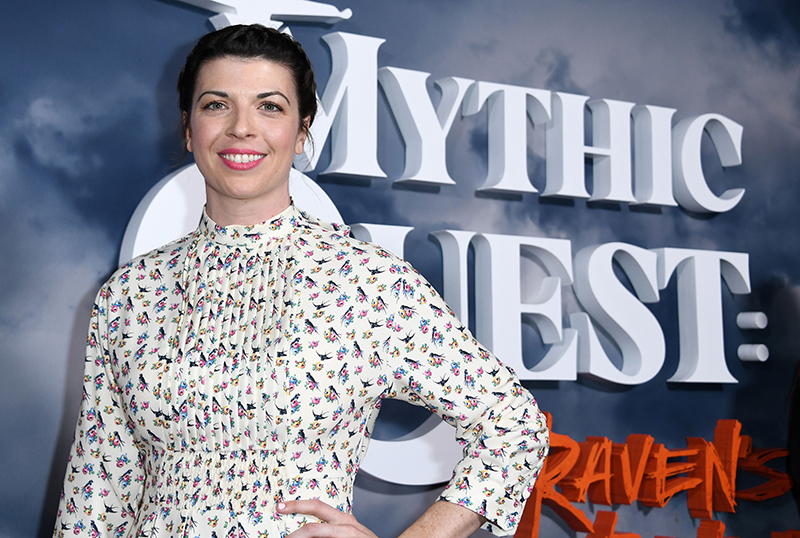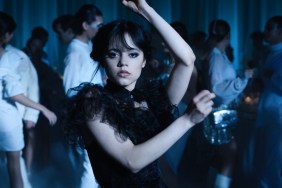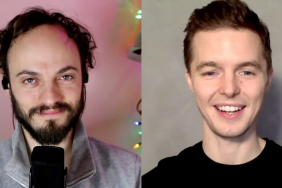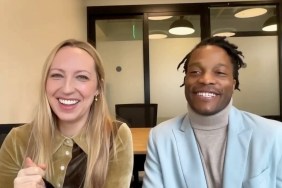For this year’s virtual SeriesFest, ComingSoon.net got the opportunity to chat with Megan Ganz, co-creator of Apple’s hit video game workplace comedy Mythic Quest: Raven’s Banquet, to discuss the acclaimed first season, the masterful quarantine episode and her excitement about getting back to shooting the second season!
Warning: Some Spoilers Lie Ahead for Mythic Quest: Raven’s Banquet Season 1 and Quarantine Episode
RELATED: CS Interview: Charlotte Nicdao on…








